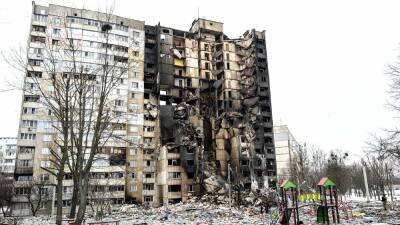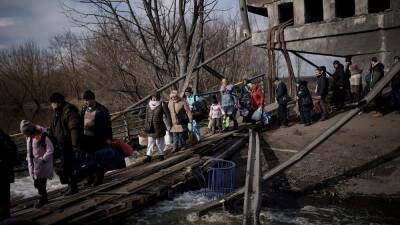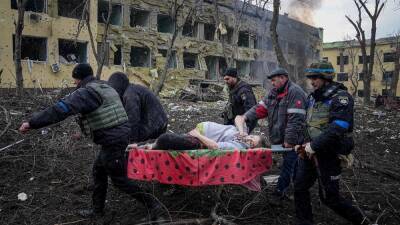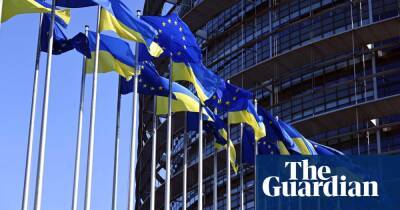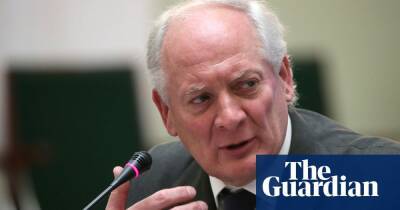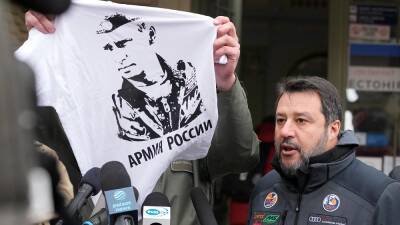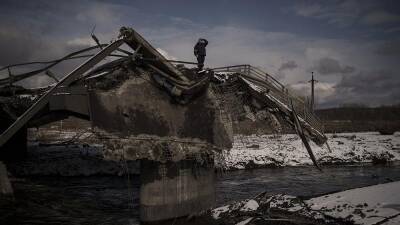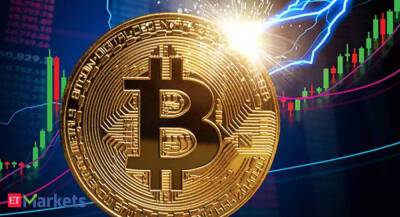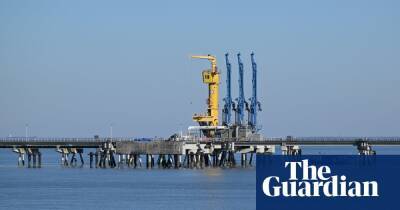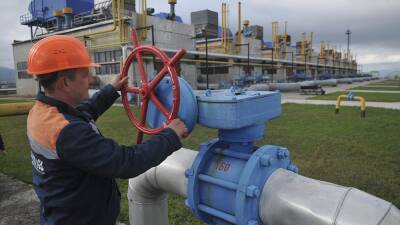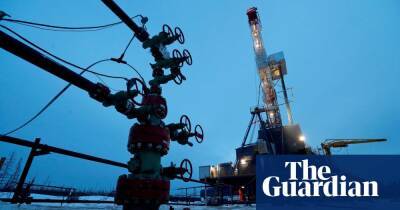What sanctions have been imposed on Russia over Ukraine invasion?
Countries around the world have imposed an unprecedented array of economic and other sanctions on Russia after Vladimir Putin’s invasion of Ukraine, targeting its finance, energy and military-industrial sectors as well as individuals and sporting events.
Here are some of the measures adopted by the US, EU and UK, with countries including Japan, Taiwan, Australia and New Zealand all taking similar steps:
The EU, US, UK and Canada have agreed to “prevent the Russian central bank from deploying its international reserves in ways that undermine the impact of our sanctions”. The EU has since said it is banning all transactions with the institution, which has €640bn (£540bn) in reserves, in an effort to “paralyse its assets”.
The Russian state has been in effect banned from raising sovereign debt in the UK and elsewhere and shares of Russian state-owned entities may no longer be listed on EU stock exchanges.
A range of Russian banks – their names have not yet been announced – are also being cut out of the Swift international payments system by the EU, US, UK and Canada. Brussels has said this will “stop them from operating worldwide, and effectively block Russian exports and imports”.
The US has placed Russia’s top 10 financial institutions, representing about 80% of the country’s banking sector, under restrictions, including cutting off the biggest – Sberbank, which accounts for about 30% of Russian banking – and its subsidiaries from conducting transactions through the US system.
The assets of many other Russian banks, including VTB, the country’s second largest, Bank Rossiya and Promsvyazbank, have also been hit with strict asset freezes and/or new business restrictions in the EU, UK, US and elsewhere.
The foreign assets of the
Read more on theguardian.com



